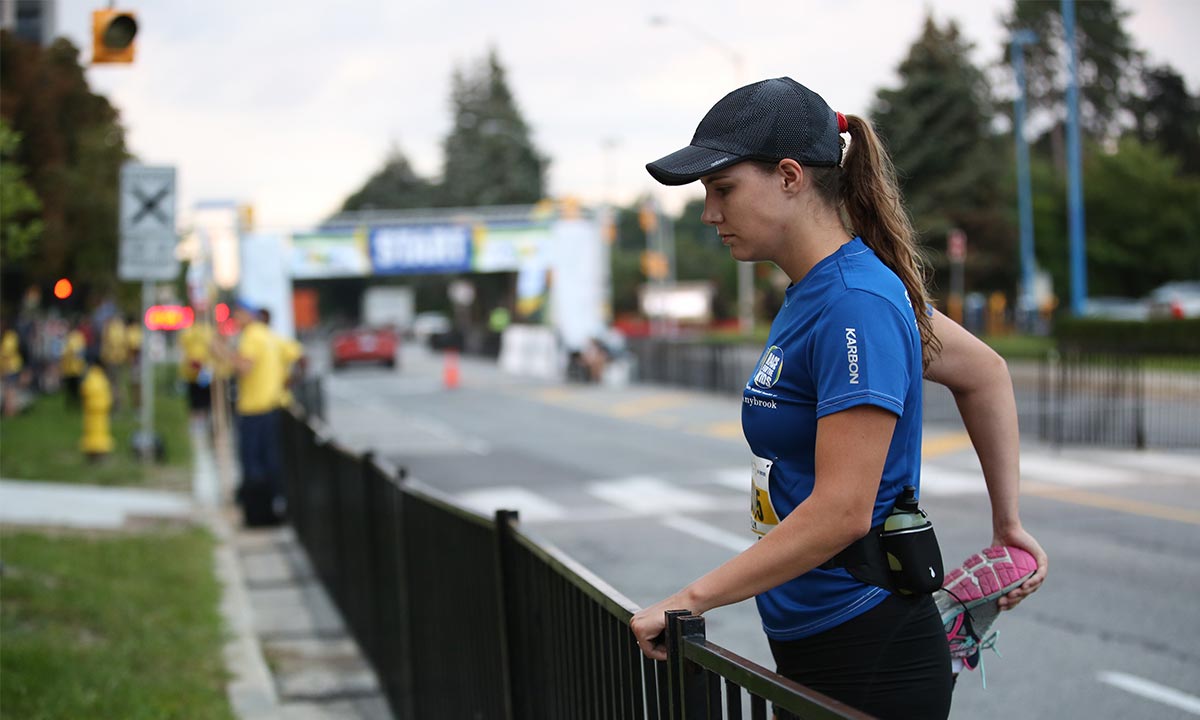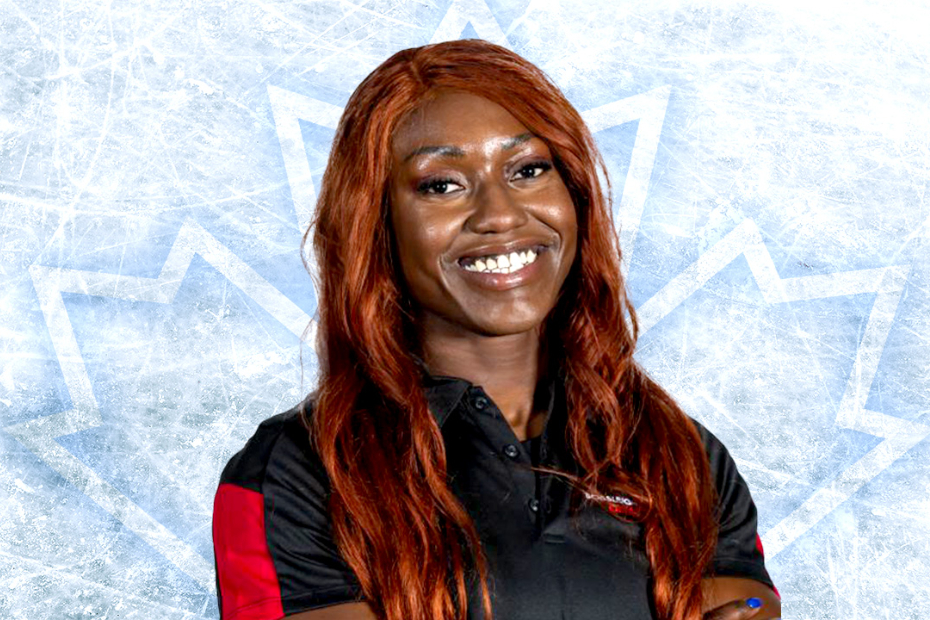You’ve decided to take the leap. You’re going to run that big race, bike that big event or walk for that cause close to your heart. From fundraising to training, here are 10 tips to help you prepare for a great race experience.
Fundraising
Most organized events are in support of a charity or worthy cause. This may be your motivation for participating — or it may be a happy byproduct of your racing goal. Whatever your reason for signing up, fundraising for your race may enhance your experience and make a difference for a community or cause.
Tips for Successful Fundraising:
- Start early. The sooner you start, the more money you can raise. You’ll have the time to cast a wider net, rather than being limited to asking those closest to you days before the race. More time will give potential donors the time to process your request and give what they can. If your run is approaching quickly, it’s never too late to start fundraising — every little bit helps!
- Set a fundraising goal. As with the race itself, having a finish line can motivate you — and the people you ask — to push forward until the end. Goals help potential donors see the impact you’re trying to make to your efforts. As you approach your goal, it will help motivate you to go the extra mile and raise the extra dollars to reach it. If you need a boost getting started, consider making the first donation yourself — this move will encourage others to follow suit, and lets you set a benchmark amount that others can match.
- Tell your story. Why are you running? Why is this cause important to you? Whether you ask in-person, over email, or have set up a fundraising page, tell people why the run matters to you and how their donation will make a difference. Making your fundraising personal will help inspire generosity.
- Ask again. People are busy, and don’t always get around to everything on their list. As race-day approaches, send a reminder that the event is approaching, and share an update on how your fundraising goals are shaping up.
- Think outside the box. You don’t nee to rely on traditional fundraising donations to raise money for your race. Think about doing a yard sale, car wash, bottle drive or bake sale to bring some money in.
Training
Whether you’re going for your personal best or just have your sights set on crossing the finish line, here are tips to
Make Your Next Race the Best Experience Yet:
- Set a realistic goal. If this is your first race, envisioning crossing the finish line first might set you up for disappointment come race-day. Whether you have a time goal, or simply a finish goal, set it and own it! Challenge yourself, but keep your goal in the ballpark of your experience and fitness level to set yourself up for that great post-race feeling!
- Make a plan. Outline how many times a week you will train, and identify what the training will look like. It’s important to align your training to your fitness level and goals — for example, if you’re new to running, create a plan that incorporates plenty of walking to start, with a gradual increase in speed. If you’re experienced and want to achieve a personal best, your plan will likely include high-intensity intervals and hill-training to push your muscles. Keep in mind, running too much too soon can be demotivating and cause injury. Your plan should include plenty of rest — and if your body is telling you it’s hurting, take an extra day off to properly recover.
- Train with a group. There is strength in numbers — and even if you’re a group of beginners, you’ll feed off the energy of others working toward a common goal. Organized running groups are easy to join, and welcome new and seasoned runners alike. With experienced runners and coaches involved, you’ll get motivation and training boosts. If a formal group doesn’t appeal to you, join a bunch of friends or colleagues who are running the same race.
- Eat and sleep. Food is fuel, and eating right can help strengthen your muscles and give you the energy you need to get through your training. Plus, your body grows stronger as it’s resting, so getting enough sleep at night may be one of the most important elements of your training plan.
- Get familiar with the route. If you have an opportunity to run, walk, bike or drive the course before the day of the race, you’ll have a great advantage. You’ll see where the turns, hills and flats are, and know when the race is in the final stretch, letting you give a final push in your race (Or the relief that it’s just about over).
Whatever your goals, experience and motivation for your upcoming race, take it on with energy and confidence. Remember, you’re not only reaching a personal goal , but contributing to a cause that’s doing great things in the world. Looking for a meaningful race to run? Learn more about RBC Race for the Kids, an exciting series of charitable runs supporting children’s causes around the world.
This article is intended as general information only and is not to be relied upon as constituting legal, financial or other professional advice. A professional advisor should be consulted regarding your specific situation. Information presented is believed to be factual and up-to-date but we do not guarantee its accuracy and it should not be regarded as a complete analysis of the subjects discussed. All expressions of opinion reflect the judgment of the authors as of the date of publication and are subject to change. No endorsement of any third parties or their advice, opinions, information, products or services is expressly given or implied by Royal Bank of Canada or any of its affiliates.



















